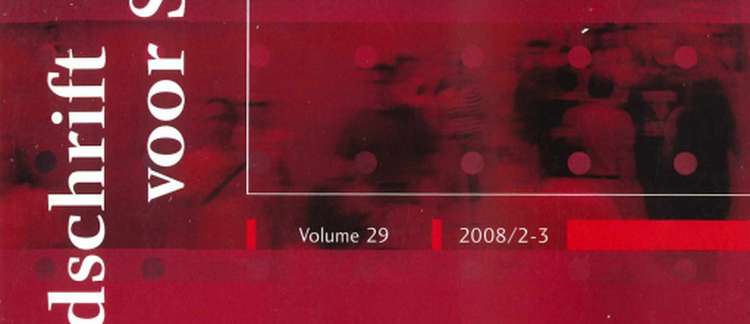Abstract
This article explores the relative impact of both individual and organisational factors on the subjective well-being of non-demented rest and nursing home residents. A Probability Proportional to Size random sample of Flemish rest and nursing homes (n = 86) and residents (n = 397) in 2004 was used. The main research question is: which organizational factors have an impact on the subjective well-being of the residents after controlling for individual factors? This article contributes to our understanding by taking into account factors (such as the degree of collaboration of rest and nursing homes) that are given less attention by the existing research literature based on the socio-ecological framework of Moos & Lemke. Using multilevel regression techniques we found that the effect of individual-level factors such as feelings of loneliness and subjective health experience dominate facility-level effects such as staff to resident ratio and the number of external collaborators for client referral.
How to Cite:
Bronselaer, J., Callens, M. & Vanden Boer, L., (2008) “Het subjectief welbevinden van Vlaamse rusthuisbewoners”, Tijdschrift voor Sociologie 29(2-3), 232–257. doi: https://doi.org/10.21825/sociologos.86706
Downloads:
Download PDF
View PDF

